Electric Bikes vs. Other Modes of Transportation: Which is the Best Choice for Your Wallet, Health, and the Environment?

If you're in the market for a new mode of transportation, there are many options to consider. From cars and public transit to bicycles and electric scooters, choosing the right option can be daunting. However, one mode of transportation that's gained popularity in recent years is the electric bike. Not only are they environmentally friendly, but they may also be a better choice for your wallet and health compared to other modes of transportation.
Are you looking for a way to reduce your carbon footprint while also saving money? Then an electric bike might be the perfect solution for you. While cars and other modes of transportation can be expensive to operate and maintain, electric bikes offer a more affordable and eco-friendly alternative. Plus, with the added benefit of exercise, electric bikes can improve your overall health and well-being.
It's no secret that transportation plays a significant role in our daily lives. Whether commuting to work or running errands, we rely on various modes of transportation to get us from point A to point B. But have you ever considered the impact your chosen mode of transportation has on the environment and your health? In this article, we'll compare electric bikes to other modes of transportation and explore why they may be the superior choice for your wallet, health, and the environment.
Electric bikes - What are they?
Electric bikes, also known as e-bikes or electric bicycles, are bicycles with an integrated electric motor that assists the rider's pedaling power. The motor is powered by a rechargeable battery, which assists the pedals, allowing the rider to travel farther and faster than they would be able to on a regular bike.
Definition of electric bikes
There are several types of electric bikes available, including city e-bikes, mountain e-bikes, folding e-bikes, and cargo e-bikes. Each type is designed for a specific purpose, such as commuting, off-road cycling, or carrying heavy loads.
Types of electric bikes
Electric bikes work by using a motor to assist the rider's pedaling power. When the rider pedals, the motor kicks in and provides additional power to the pedals, making it easier to ride uphill or against strong headwinds. Most electric bikes come with a control panel that allows the rider to adjust the level of assistance provided by the motor.
How do electric bikes work?
Electric bikes work by using a motor to assist the rider's pedaling power. When the rider pedals, the motor kicks in and provides additional power to the pedals, making it easier to ride uphill or against strong headwinds. Most electric bikes come with a control panel that allows the rider to adjust the level of assistance provided by the motor.
Advantages of electric bikes
There are several advantages of electric bikes over traditional bicycles and other modes of transportation. For one, they are more environmentally friendly, producing no emissions and requiring less energy to operate. Additionally, they can help riders save money on gas, parking, and maintenance costs. They also provide a low-impact form of exercise and can be a great alternative to driving a car or taking public transit, especially for short trips.
Other modes of transportation
Cars
Cars are a popular mode of transportation for most people, offering convenience and comfort, but they can also be expensive to operate and maintain. Cars produce harmful emissions that contribute to air pollution and greenhouse gas emissions, which can hurt the environment.
Public transportation
Public transportation, such as buses and trains, is an affordable and efficient way to get around in many cities. It can also reduce traffic congestion and help to decrease carbon emissions by taking cars off the road. However, public transit can be inconvenient and time-consuming, with limited routes and schedules, and may not be available in all areas.
Walking
Walking is a great way to get exercise and is a low-cost mode of transportation. Walking is also environmentally friendly and produces no emissions. However, it may not be practical for long distances or in inclement weather and can be time-consuming compared to other modes of transportation.
Bicycles (non-electric)
Bicycles, like electric bikes, are also environmentally friendly and provide a low-impact form of exercise. They are also more affordable than cars and can save money on gas and maintenance costs. However, non-electric bicycles require more physical effort to ride and may not be suitable for longer distances or hilly terrain.
Comparison between electric bikes and other modes of transportation
Shengmilo can provide you with a comparison between electric bikes and other modes of transportation in terms of cost, environmental impact, health benefits, and convenience.
Cost Comparison
Electric bikes are generally more expensive than traditional bicycles, but they are cheaper than cars or motorcycles. The cost of an electric bike can range from a few hundred dollars for a basic model to several thousand dollars for a high-end model. In comparison, the cost of owning and maintaining a car or motorcycle is much higher, including fuel costs, insurance, and maintenance.
Environmental Impact Comparison
Electric bikes are considered to be an environmentally friendly mode of transportation since they emit zero emissions while in use. In comparison, cars and motorcycles emit harmful pollutants that contribute to air pollution and climate change. Moreover, electric bikes consume less energy than cars, making them more energy-efficient and sustainable.
Health Benefits Comparison
Electric bikes can provide significant health benefits, as they require physical exertion to operate. By using an electric bike instead of driving, you can get some exercise, improve your cardiovascular health, and reduce stress levels. In comparison, driving a car or motorcycle does not offer any significant physical activity or health benefits.
Convenience Comparison
Electric bikes are generally more convenient than traditional bicycles since they require less physical effort to ride. They also offer the flexibility to travel longer distances without becoming too tired. Additionally, electric bikes can be ridden on designated bike lanes and paths, which can make commuting faster and more efficient. However, they may not be as convenient as cars or motorcycles when it comes to carrying passengers or transporting large items.
Why electric bikes may be the best choice
Electric bikes have several advantages over cars, public transportation, walking, and non-electric bicycles. Here are some advantages of electric bikes over each of these modes of transportation:
Advantages over cars:
Electric bikes are much less expensive to purchase and maintain than cars.
They don't require fuel or oil changes, and the cost of charging an electric bike is much lower than the cost of filling up a car with gas.
Electric bikes produce zero emissions, making them an environmentally friendly choice.
They can be faster than cars in heavy traffic, as they can maneuver through tight spaces more easily.
Advantages of public transportation:
Electric bikes offer greater flexibility and independence than public transportation since you can travel wherever you need to go without being limited by bus or train schedules.
They are often faster than public transportation, especially during rush hour when buses and trains can be crowded and delayed.
You don't have to worry about waiting at a bus stop or train station in bad weather.
Advantages of walking:
Electric bikes allow you to cover longer distances than walking, making them a great option for commuting, running errands, or exploring new areas.
You won't arrive at your destination sweaty or tired, which can be a problem when walking long distances or uphill.
They provide some exercise while still allowing you to arrive at your destination quickly and comfortably.
Advantages over non-electric bicycles:
Electric bikes make cycling accessible to more people, including those who may not be physically fit enough to ride a regular bicycle or who live in hilly areas.
They allow you to travel further and faster than non-electric bikes, making them ideal for commuting or recreational riding.
They require less effort to ride uphill or against strong headwinds, which can be a challenge on a regular bicycle.
In conclusion, electric bikes offer numerous advantages over other modes of transportation when it comes to affordability, environmental impact, and overall convenience. They are a great option for those looking for an alternative to cars or public transportation, as they can save you money on fuel costs and reduce your carbon footprint.
Furthermore, electric bikes provide an excellent opportunity for exercise, allowing you to stay active while still arriving at your destination quickly and comfortably. They are also more accessible than traditional bicycles, making them a great choice for people of all ages and fitness levels.
Ultimately, whether you're commuting to work, running errands, or simply enjoying a leisurely ride through the park, an electric bike can be an excellent investment in both your health and your wallet. So why not consider trading in your car or traditional bike for an electric model today? With the many benefits they offer, you're sure to be glad you did!

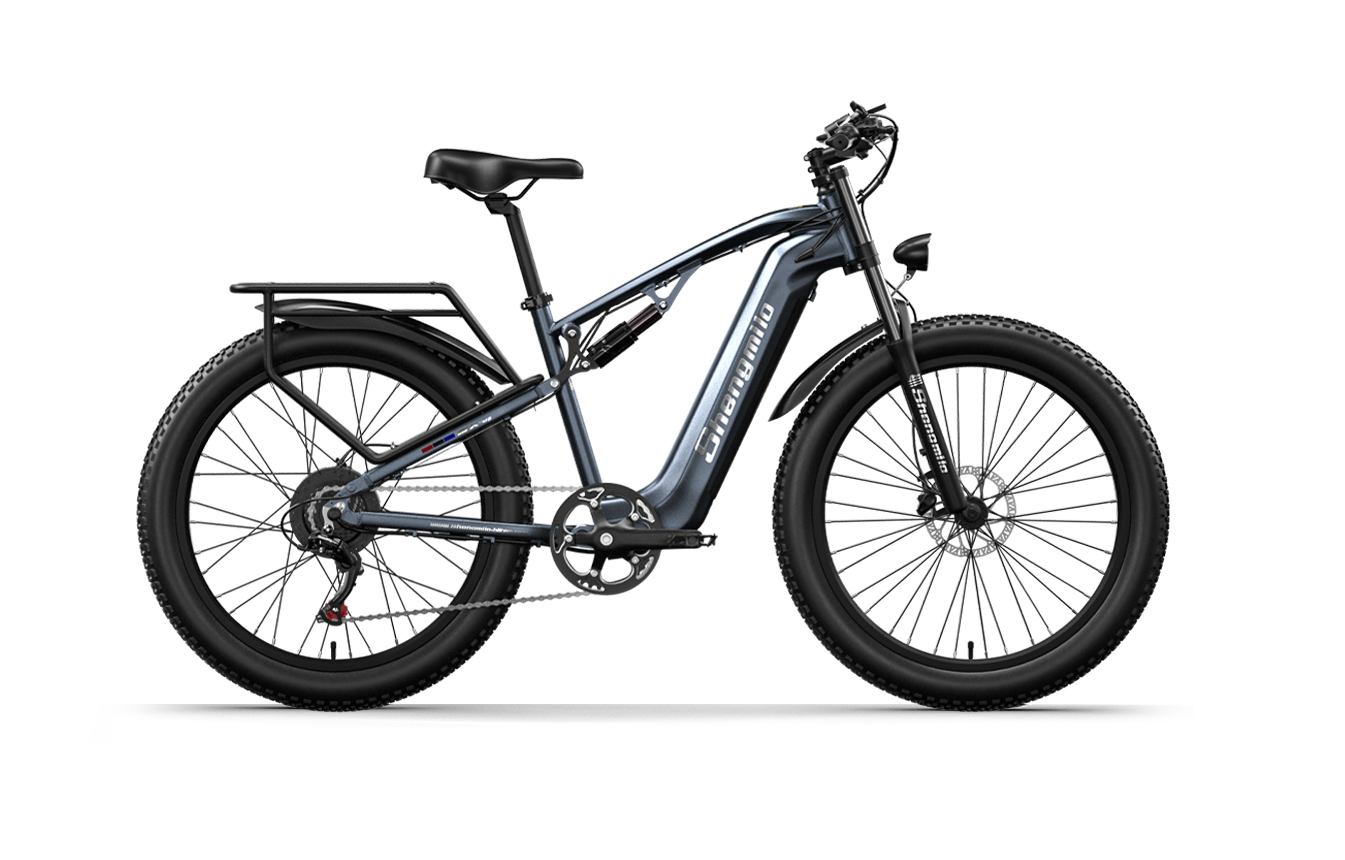
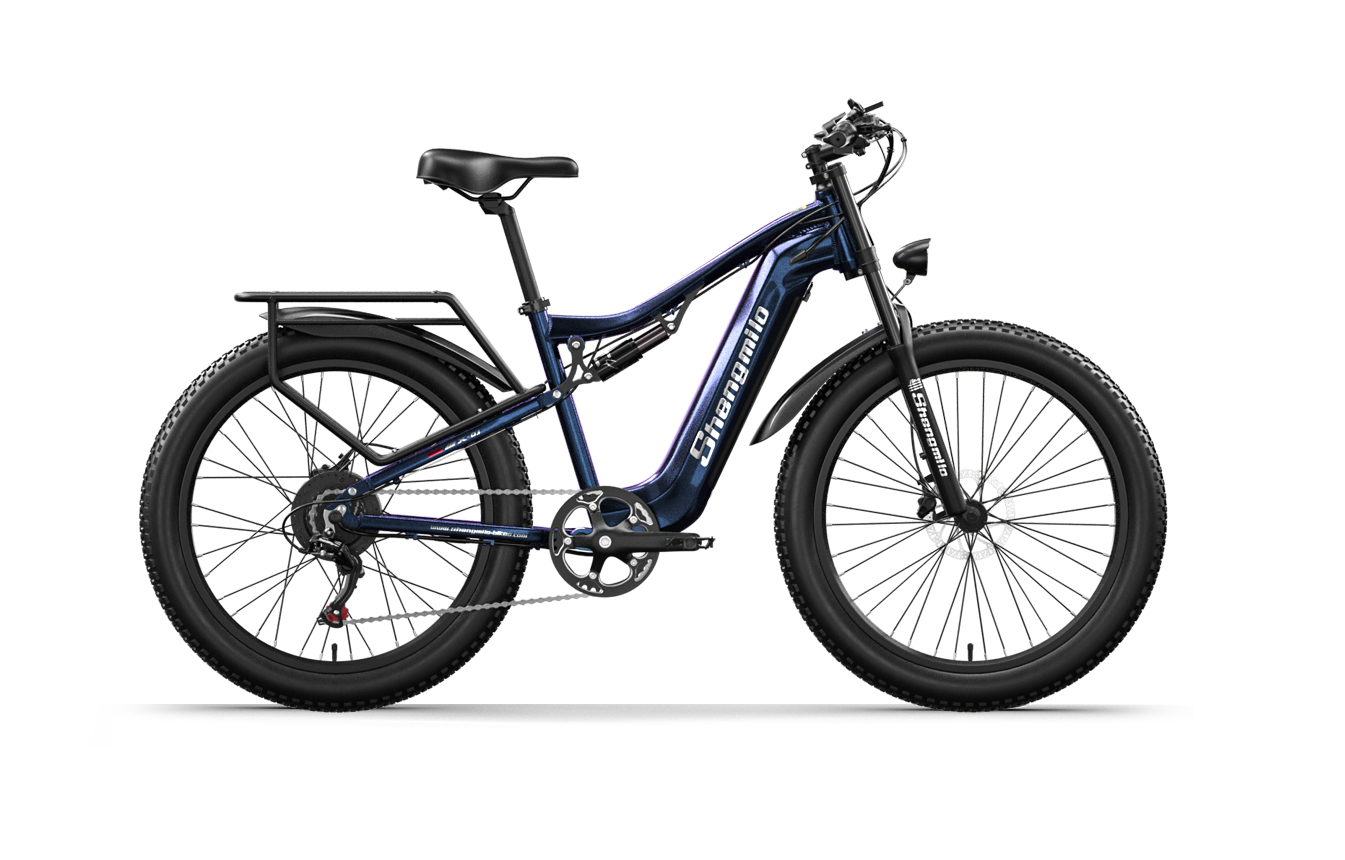
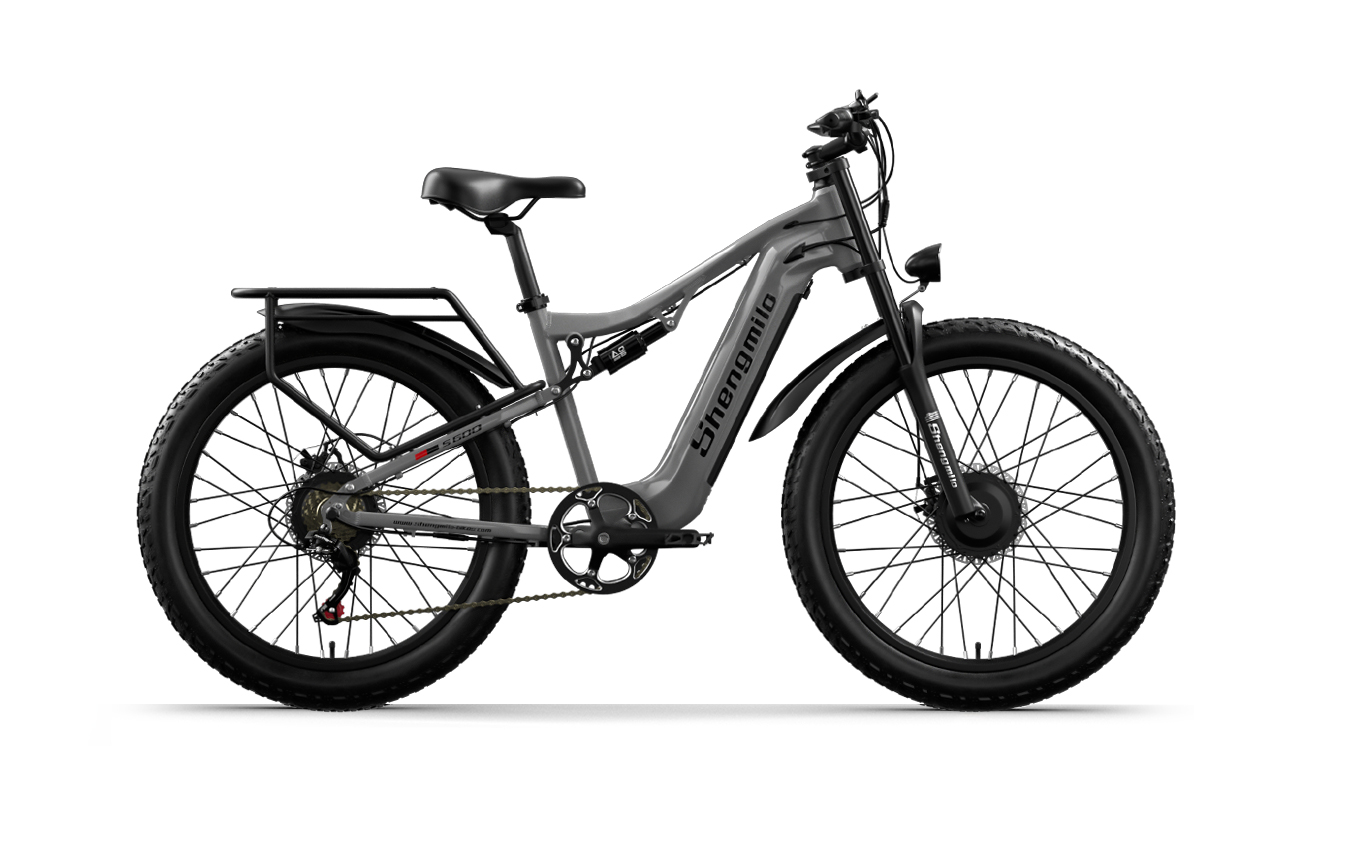
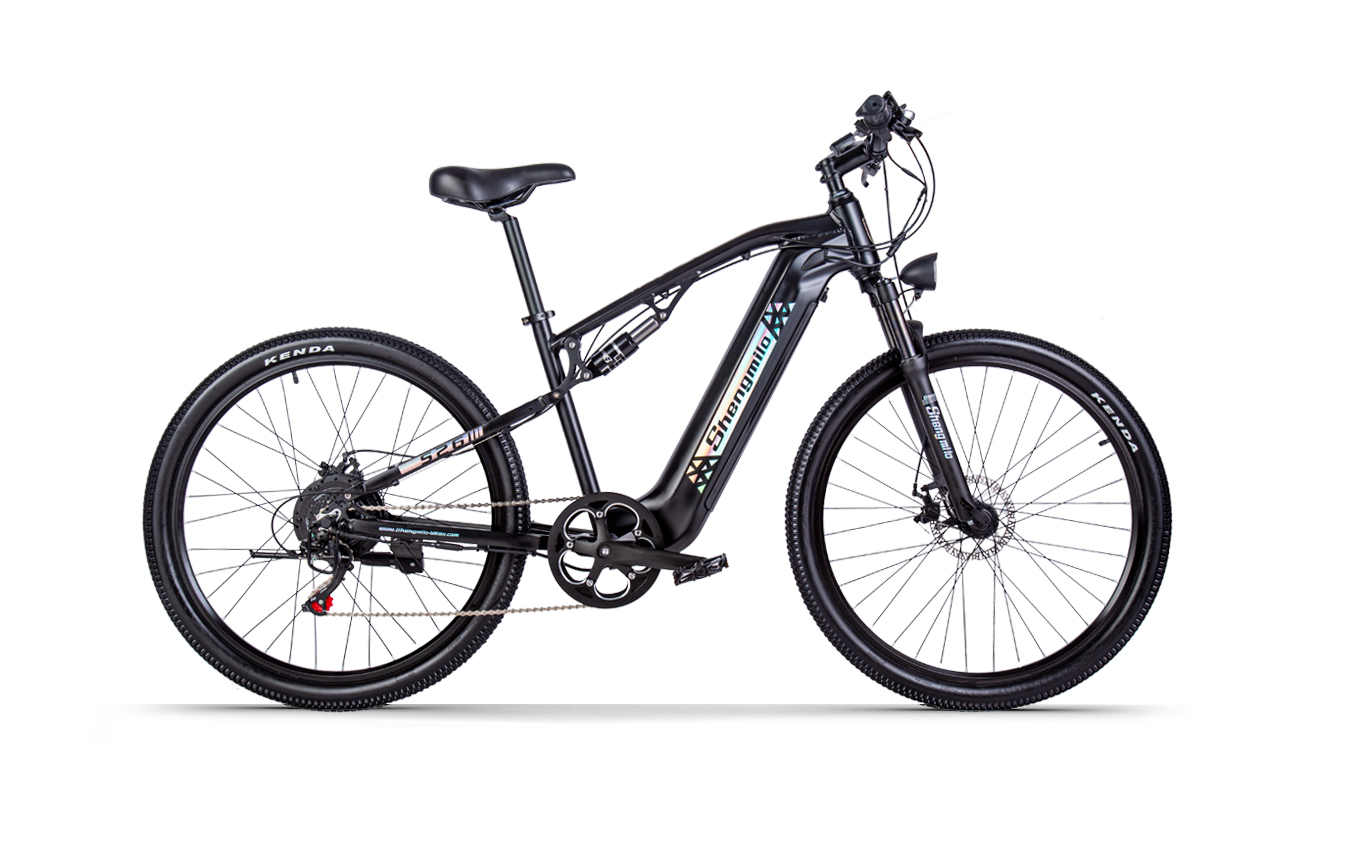
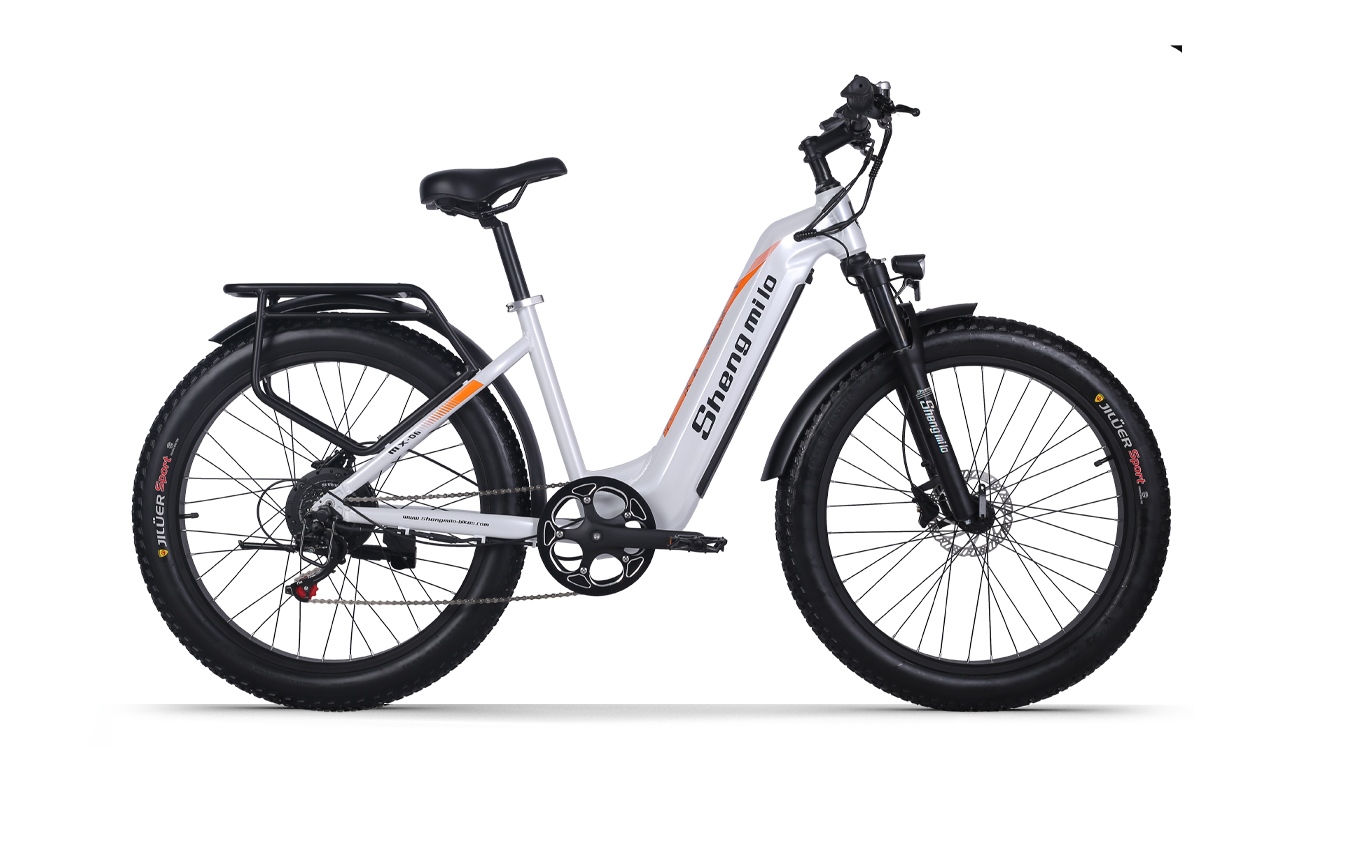
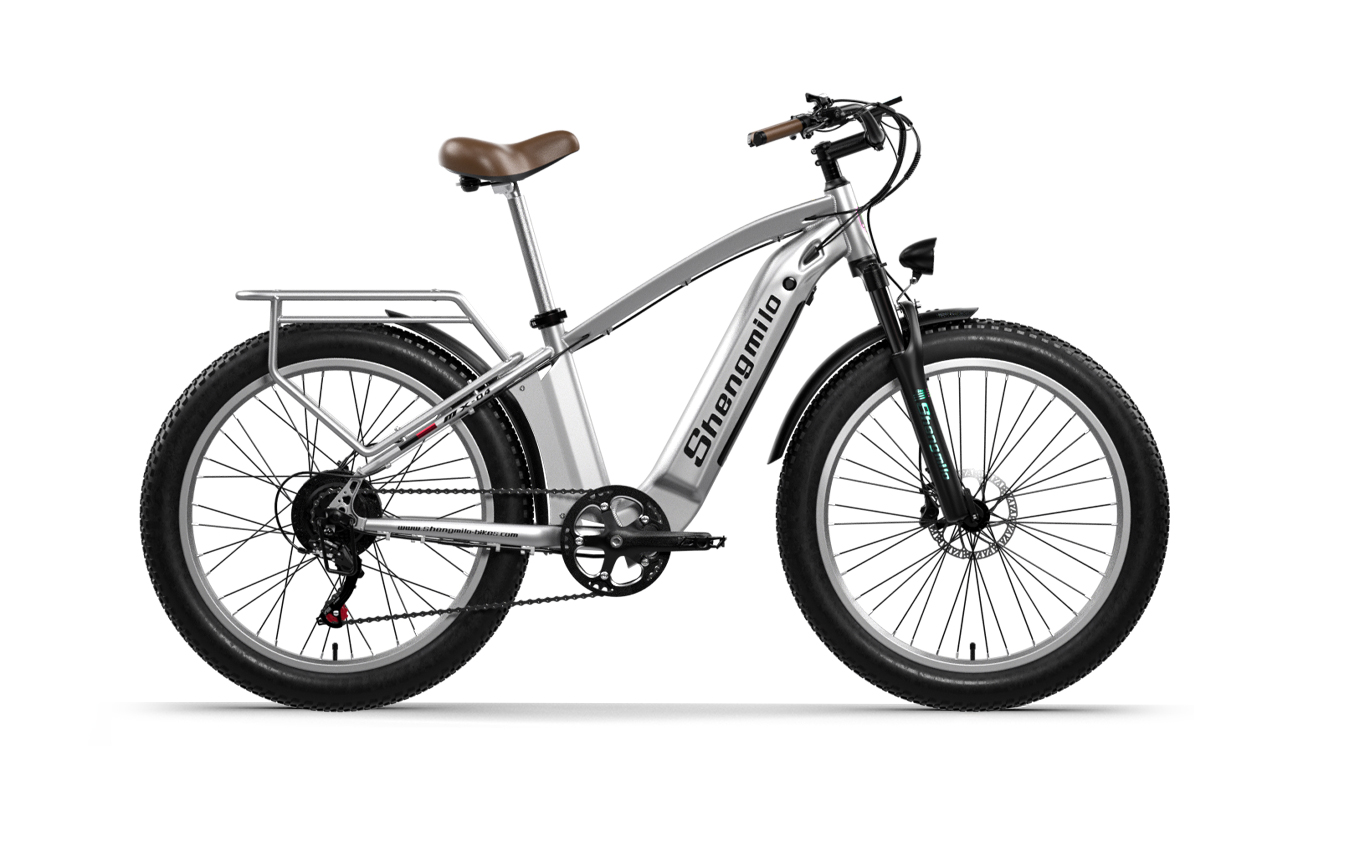




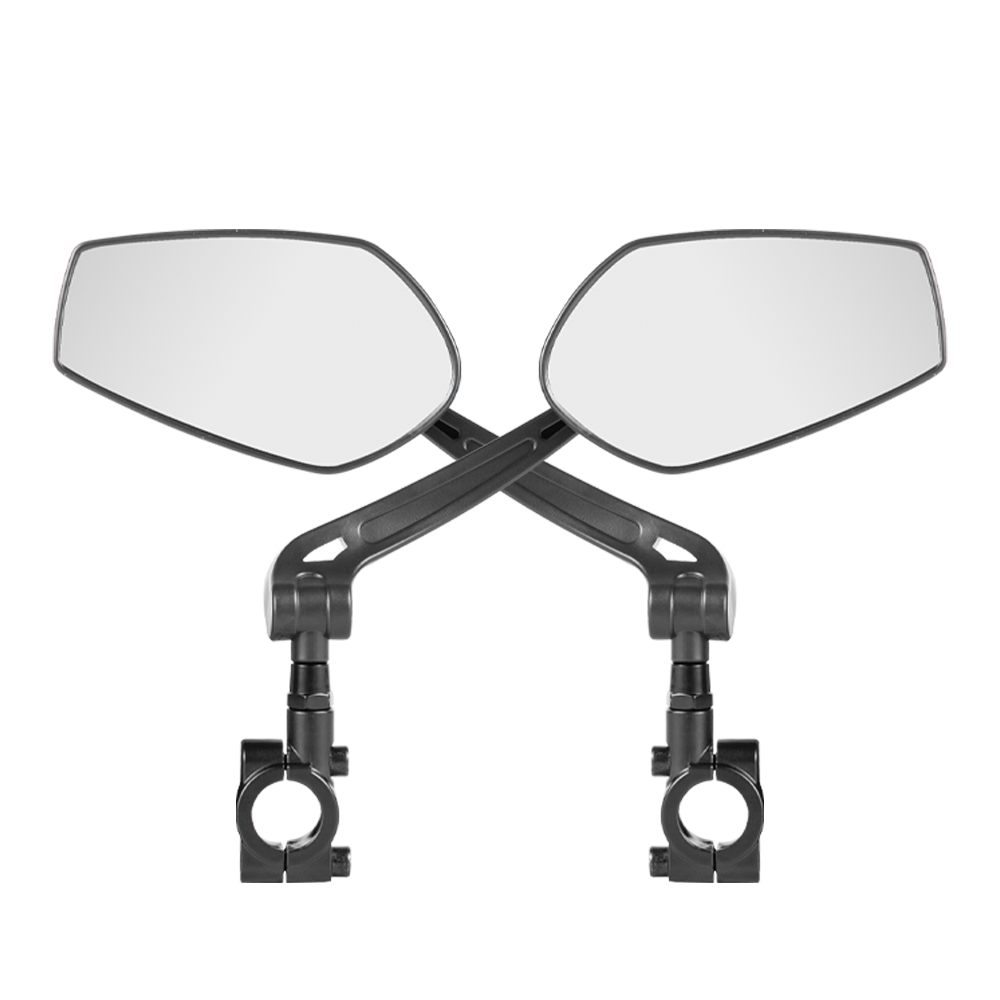
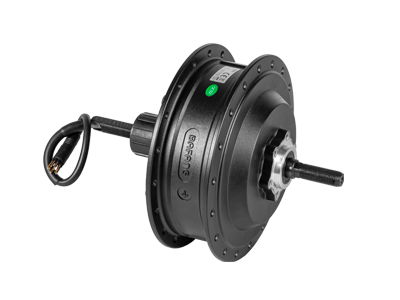
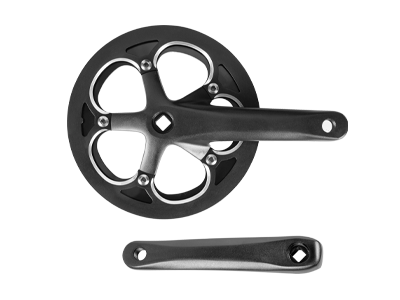
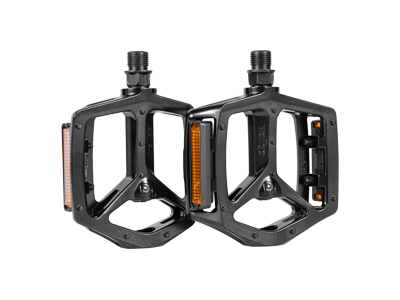









Leave a comment